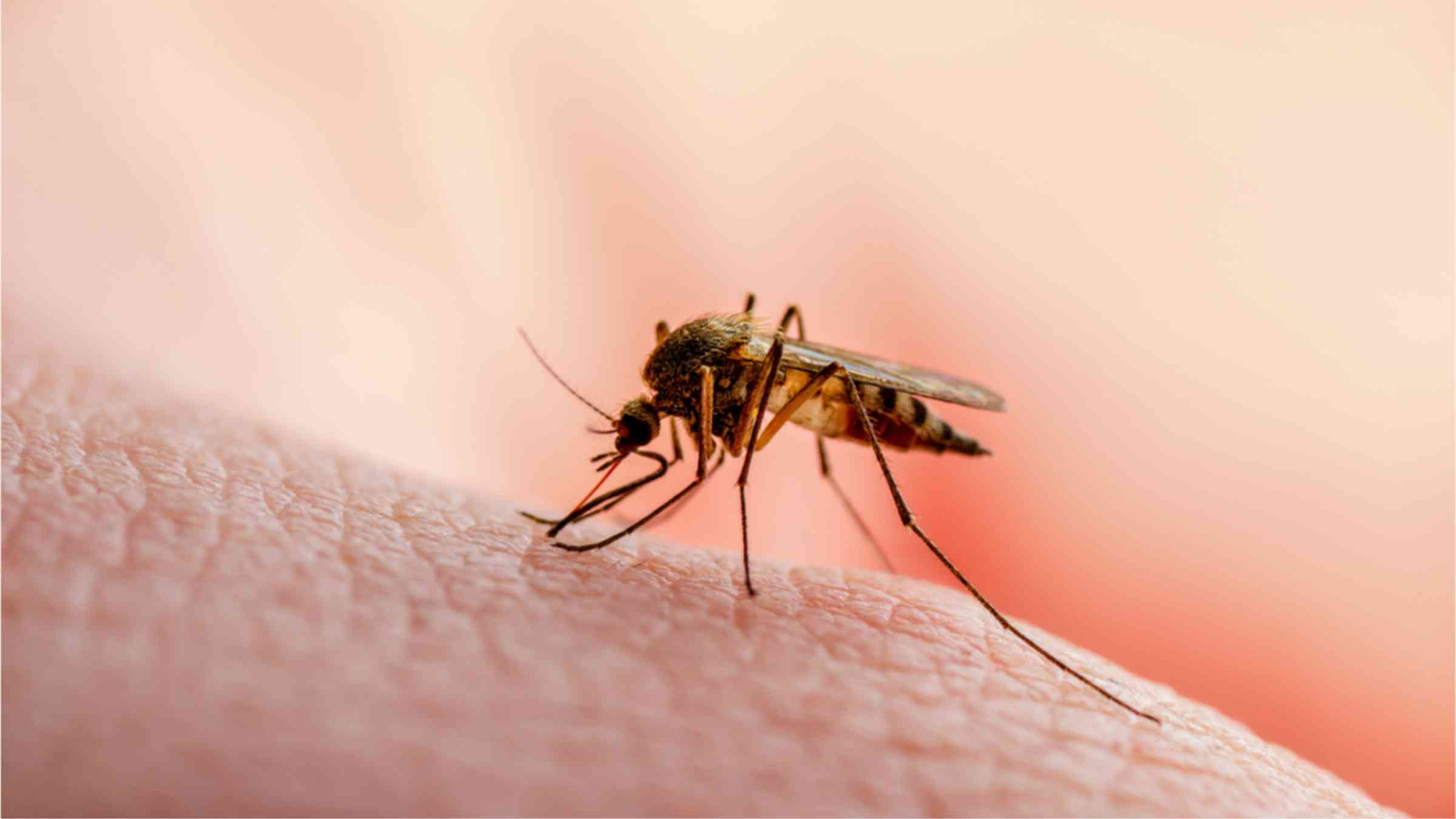
Uganda, battling the world’s highest malaria incidence rate, is taking a step towards a potential new weapon: genetically modified mosquitoes.
This year, the country plans controlled laboratory trials of Oxitec’s “Friendly Mosquito” technology, designed to curb malaria-transmitting mosquito populations.
The British biotech company, Oxitec, has expressed interest in partnering with Uganda’s Health Ministry and the Uganda Virus Research Institute (UVRI) to develop non-biting, self-limiting male mosquitoes.
This technology aims to disrupt mosquito breeding cycles and offer an alternative to traditional insecticides, which are facing growing resistance from mosquitoes.
While Oxitec’s focus is currently on the Anopheles funestus mosquito, prevalent in arid regions and resistant to insecticides in some areas of Uganda, they are also developing solutions for the Anopheles stephensi mosquito – a threat in the Horn of Africa with the potential to spread to Uganda.
Professor Pontiano Kaleebu, Director of UVRI, highlights the urgency for Uganda.
He emphasizes the institute’s strong entomology department and its focus on developing genetic technology to combat disease-carrying vectors.
This collaboration with Oxitec presents an opportunity to leverage expertise and potentially find a powerful tool against malaria.
Both Oxitec and Ugandan researchers see promise in this approach.
With traditional methods facing challenges, the “Friendly Mosquito” technology, if proven safe and effective, could be a game-changer in Uganda’s fight against malaria, a disease estimated to claim tens of thousands of lives each year.
